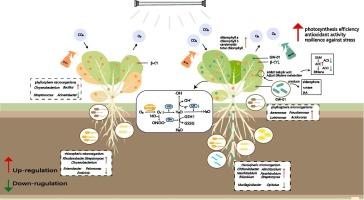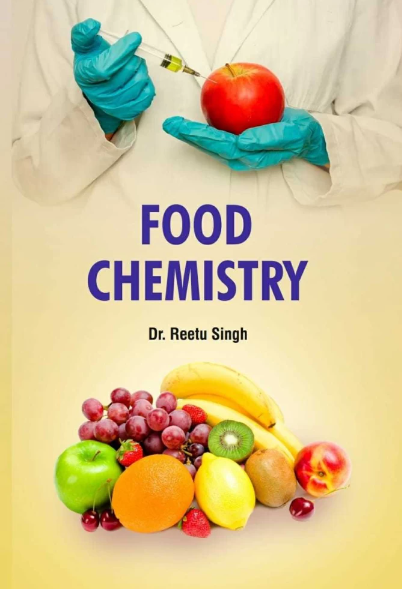Bacillus cereus GW-01 promotes Pak Choi (Brassica chinensis L.) growth by reducing β-Cypermethrin and regulating plant metabolism, Phyllosphere and rhizosphere microbial communities
IF 9.8
1区 农林科学
Q1 CHEMISTRY, APPLIED
引用次数: 0
Abstract
Beta-Cypermethrin (β-CY) is a widely used insecticide that negatively affects plant growth and contaminates crops. In this study, we investigated the ability of Bacillus cereus GW-01 to degrade β-CY and promote the growth of Pak choi (Brassica chinensis L.). GW-01 degraded β-CY on Pak choi leaves, achieving over 90 % degradation after 9 days. It improved photosynthetic efficiency, increased chlorophyll content by 36.6 %, and enhanced antioxidant activity. Compared to plants treated with β-CY alone, GW-01 treatment boosted net photosynthetic rate by 27.78 %, reduced reactive oxygen species by 29.45 %, and increased glutathione by 32.36 %. Furthermore, GW-01 reduced the activities of key enzymes in ethylene biosynthesis, leading to lower ethylene and salicylic acid levels. GW-01 exhibited growth-promoting traits, including siderophore production and indole-3-acetic acid synthesis. We first reported the B. cereus colonizing multiple plant compartments and altering the microbial community, offering potential for developing biofertilizers to degrade pesticide residues and improve crop quality.

蜡样芽孢杆菌GW-01通过降低β-氯氰菊酯,调节植物代谢、根际和根际微生物群落,促进白菜生长
高效氯氰菊酯(β-CY)是一种广泛使用的杀虫剂,对植物生长产生负面影响,污染作物。在本研究中,我们研究了蜡样芽孢杆菌GW-01对β-CY的降解和对白菜生长的促进作用。GW-01降解白菜叶片上的β-CY, 9 天后降解率达到90% %以上。提高了光合效率,叶绿素含量提高36.6% %,抗氧化活性增强。与β-CY单独处理植株相比,GW-01处理植株净光合速率提高了27.78 %,活性氧减少了29.45 %,谷胱甘肽增加了32.36 %。此外,GW-01降低了乙烯生物合成关键酶的活性,导致乙烯和水杨酸水平降低。GW-01表现出促进生长的性状,包括铁载体的产生和吲哚-3-乙酸的合成。我们首次报道了蜡样芽孢杆菌定殖于多个植物隔间并改变微生物群落,为开发生物肥料以降解农药残留和提高作物质量提供了潜力。
本文章由计算机程序翻译,如有差异,请以英文原文为准。
求助全文
约1分钟内获得全文
求助全文
来源期刊

Food Chemistry
工程技术-食品科技
CiteScore
16.30
自引率
10.20%
发文量
3130
审稿时长
122 days
期刊介绍:
Food Chemistry publishes original research papers dealing with the advancement of the chemistry and biochemistry of foods or the analytical methods/ approach used. All papers should focus on the novelty of the research carried out.
 求助内容:
求助内容: 应助结果提醒方式:
应助结果提醒方式:


